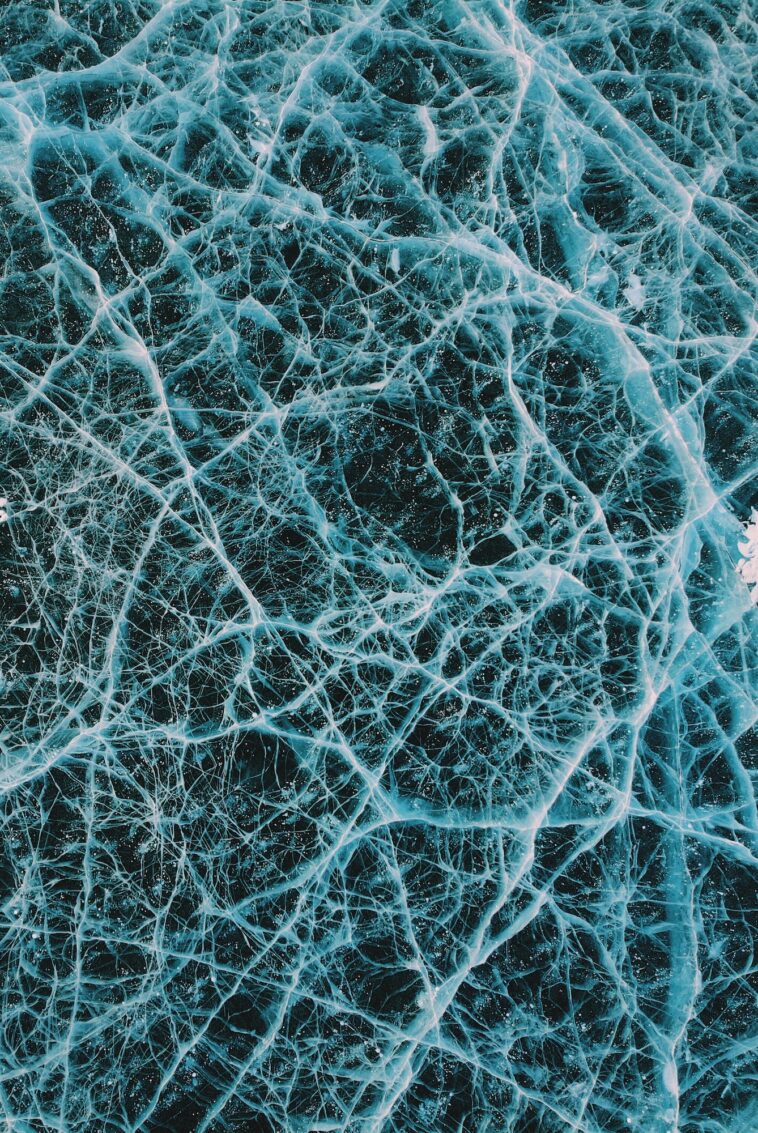Lake Baikal, often described as the “Pearl of Siberia,” is a stunningly large and deep lake situated in the southern region of Siberia, Russia. This magnificent water body lies between Irkutsk Oblast to its northwest and the Buryat Republic towards the southeast. Not only is Lake Baikal noteworthy for its size and depth, but it also holds a significant position in the natural world.
A Unique Natural Reservoir
Lake Baikal stands out as the world’s largest freshwater lake by volume. It is estimated to contain about 20% of the world’s surface fresh water that is not frozen. This is a staggering amount, especially considering that it holds more water than all of the North American Great Lakes combined.
A Remarkable Depth
The lake reaches an extraordinary depth of 1,642 meters, making it the deepest lake on Earth. This depth contributes to its unique ecosystem and rich biodiversity.
Clarity and Purity
In terms of clarity, Lake Baikal is unparalleled. The waters are among the clearest of any large lake globally. This clarity is due to several factors, including the low temperature of the water which inhibits the growth of algae, and the relatively small amount of sediment entering the lake.
Age and Formation
Believed to be about 25 million years old, Lake Baikal is considered the oldest existing freshwater lake on Earth. It was formed as an ancient rift valley, boasting a long, crescent shape.
Biodiversity and Ecosystem
The lake is renowned for its unique biodiversity. It is home to thousands of plant and animal species, many of which are endemic to the region. The most famous among these is the Baikal seal, or nerpa, which is one of the very few seal species found in freshwater.
Cultural and Historical Significance
Besides its natural wonders, Lake Baikal holds cultural and historical significance for the local communities. It is a symbol of spiritual and natural heritage in Siberia, featuring in many local legends and myths.
Environmental Concerns
Despite its vastness and purity, Lake Baikal faces environmental threats. Pollution, industrial development, and climate change pose risks to its unique ecosystem and pristine waters.
Tourism and Recreation
Lake Baikal is a popular destination for tourists seeking natural beauty and adventure. Activities like hiking, camping, and ice skating (during the winter when the lake freezes over) attract visitors from around the world.
Scientific Research
The lake is also a significant site for scientific research. Scientists study its unique ecosystem, geology, and the effects of environmental changes on its biodiversity.
Summing Up
Lake Baikal is not just a lake but a natural wonder that highlights the beauty and complexity of our planet’s ecosystems. Its vastness, depth, clarity, and age make it a subject of fascination and importance in both the scientific community and the general public. As an iconic symbol of Siberia, it stands as a testament to the natural world’s enduring majesty and mystery.
In summary, Lake Baikal’s unique characteristics—its volume, depth, clarity, biodiversity, and status as the world’s oldest freshwater lake—make it an extraordinary natural phenomenon. Its significance extends beyond geographical and scientific boundaries, touching on cultural, historical, and environmental aspects. The lake continues to captivate and inspire, reminding us of the need to preserve and cherish our planet’s natural wonders.





